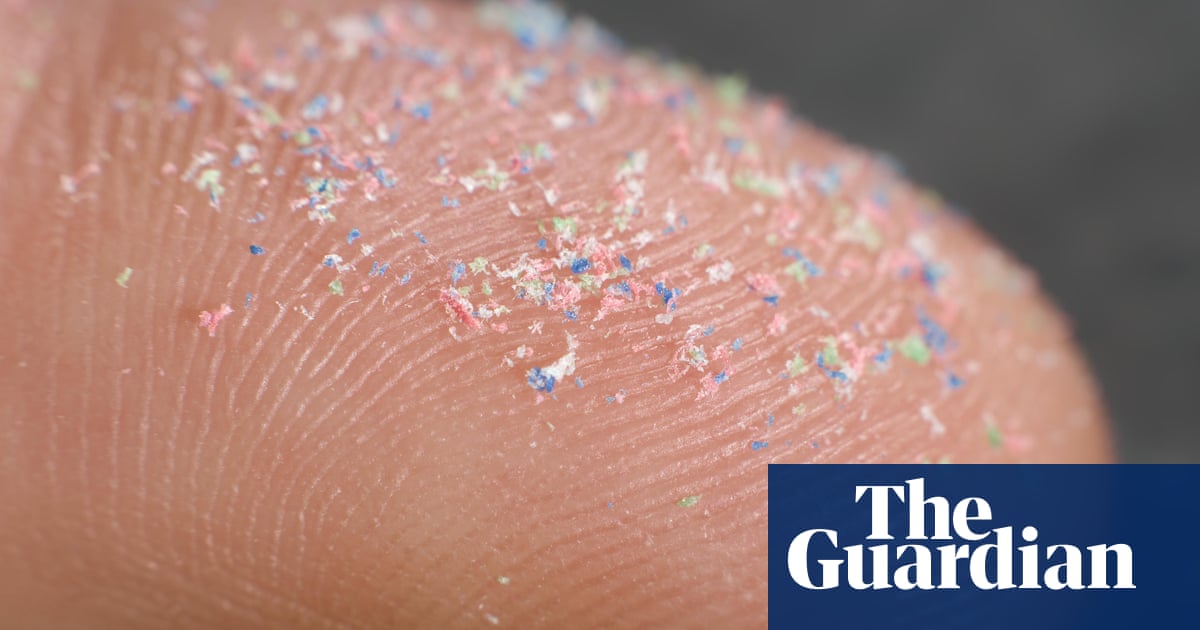Microplastics found in every human semen sample tested in study

🌈 Abstract
The article discusses the concerning finding of microplastic pollution in human semen samples, and the potential implications for male reproductive health.
🙋 Q&A
[01] Microplastic Pollution in Human Semen
1. What were the key findings regarding microplastic pollution in human semen?
- Microplastic pollution has been found in all human semen samples tested in a study
- Microplastics were detected in the semen of 6 out of 10 healthy young men in Italy, and in half of 25 samples in a study in China
- The study in China detected 8 different types of plastics, with polystyrene (used for packaging) being the most common, followed by polyethylene (used in plastic bags) and PVC
2. What are the potential impacts of microplastic exposure on male reproductive health?
- Recent studies in mice have reported that microplastics reduced sperm count and caused abnormalities and hormone disruption
- The researchers state that understanding the extent of human contamination and its relation to reproductive outcomes is "imperative"
- The article notes that microplastic exposure may pose a "chronic, cumulative risk to male reproductive health"
3. What are some of the proposed mechanisms by which microplastics could impact reproductive health?
- The particles may be causing inflammation in tissue, similar to how air pollution particles can
- The chemicals in the plastics could also potentially cause harm
[02] Wider Implications and Call for Action
1. What other areas of human health have microplastics been found in?
- Microplastics have also recently been discovered in human blood, placentas and breast milk, indicating widespread contamination of people's bodies
2. What is the scale of the microplastic pollution problem?
- Millions of tonnes of plastic waste are dumped in the environment and much is broken down into microplastics, polluting the entire planet
3. What actions are being called for in response to the microplastic pollution issue?
- Researchers state that "intervention is necessary to stop the exponential increase in plastic waste"
- More than 180 nations are negotiating a UN treaty to regulate plastic and cut pollution
- The article emphasizes the need for "action to avoid additional permanent damage to the planet and the human body"
Shared by Daniel Chen ·
© 2024 NewMotor Inc.